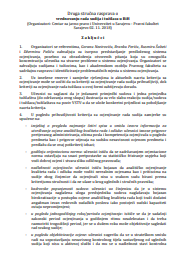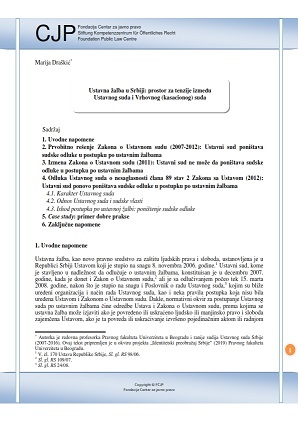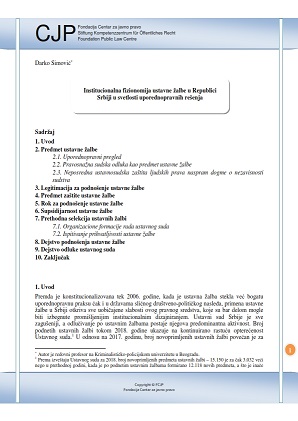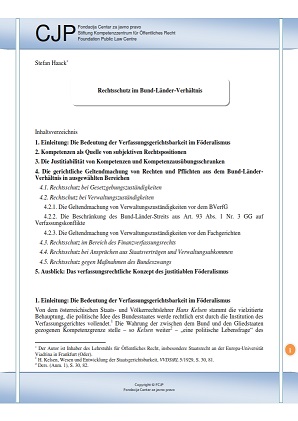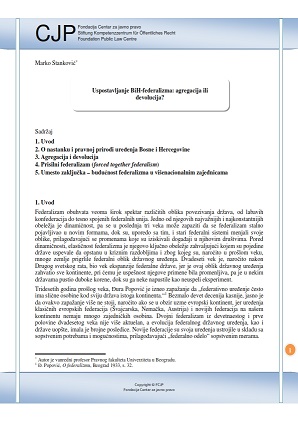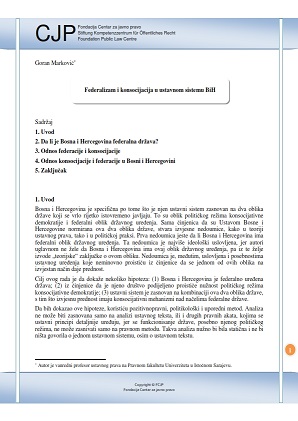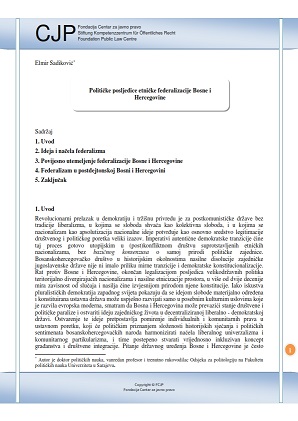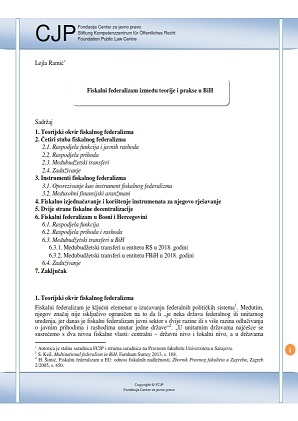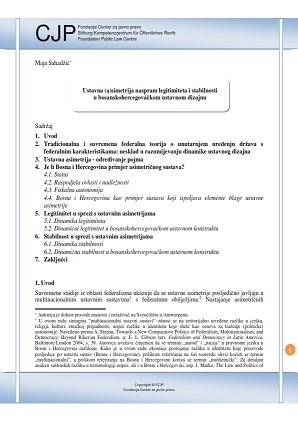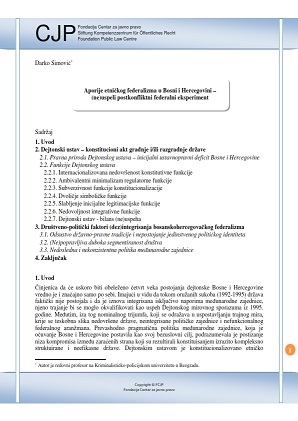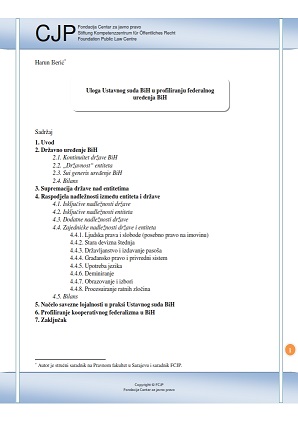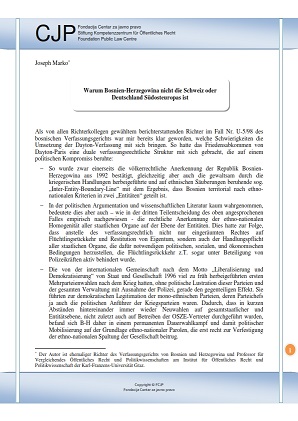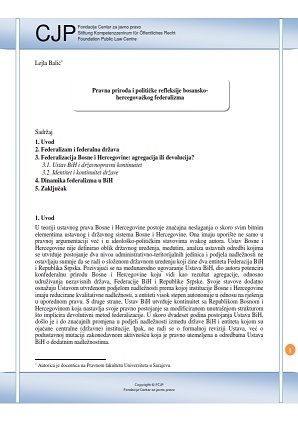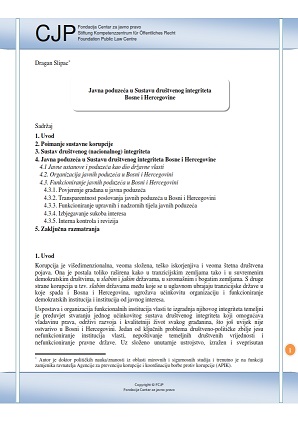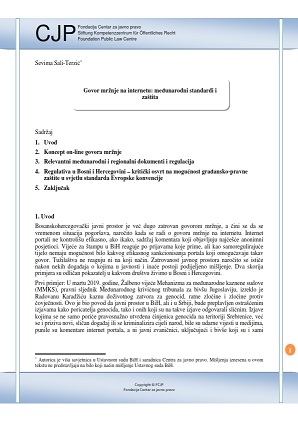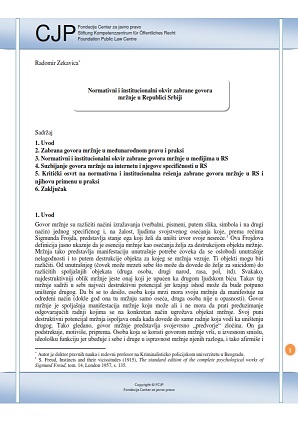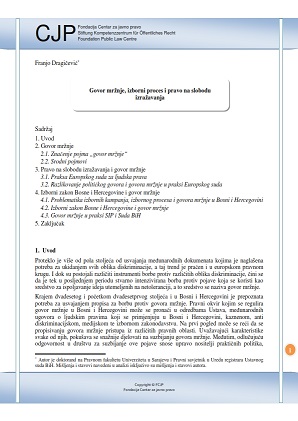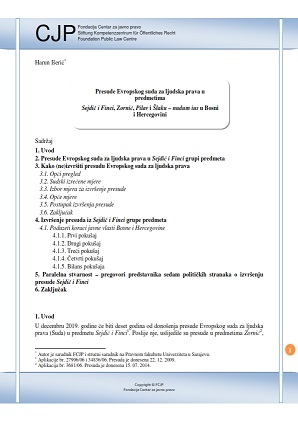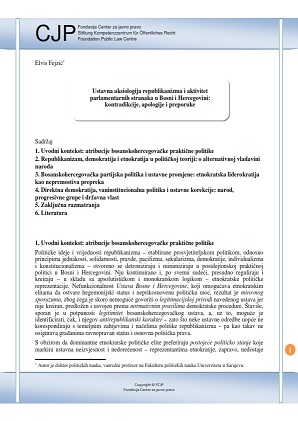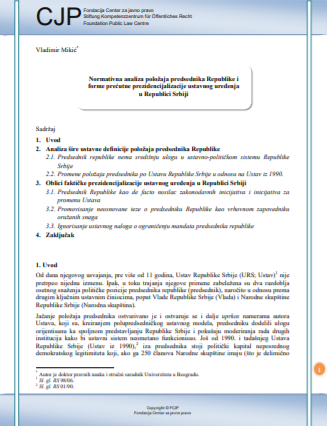
Analysis of the President's legal status and varieties of silent presidentialization of Serbia's Constitutional System
Normativna analiza položaja predsednika Republike i forme prećutne prezidencijalizacije ustavnog uređenja u Republici Srbiji
Keywords: Constitution of the Republic of Serbia; president; separation of powers; rule of law; political system;
While reading the Constitution of the Republic of Serbia and its relevant laws, one would be forgiven for concluding that the president of the Republic of Serbia is only one of several key institutions. However, presidents tend to out shadow other political and constitutional institutions more often than it would be safe for the effective separation of powers, and the rule of law. This article provides a review of legal framework of the presidential position in the nominally complex system of government in Serbia (a true „checks and balances“ model), comparing it to some of the important arrangements contained in the country's previous constitutional text. The author concludes that relevant documents aim at reducing the role of president to almost marginal level of the political system. However, what is existing in fact is the tendency to make president a key legislator, constitution-maker, formal supreme commander of the military, and a person who does not need to obey the rule of term limits. The article sums up those four capital examples as a prelude to conclusion of growing presidential power in the Republic of Serbia, throughout more than a decade of the life of the Constitution that has never been formally amended.
More...
